15 Ways to Get the Lowest Possible Mortgage Interest Rate
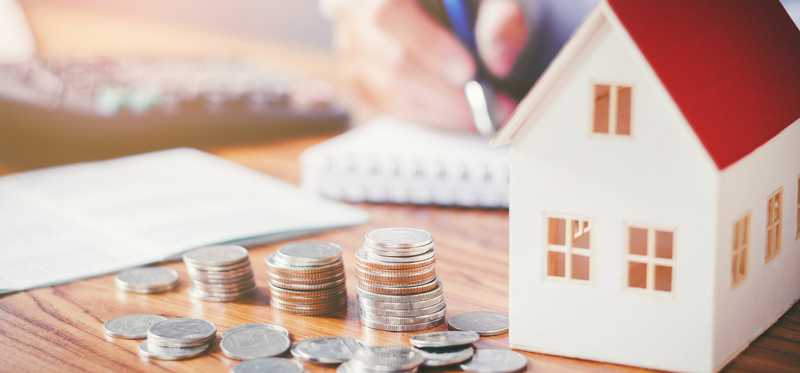
15 Ways to Get the Lowest Possible Mortgage Interest Rate
Your mortgage interest rate has a big impact on your finances
For many people, their mortgage payment is their biggest monthly expense and their home loan is their largest debt.
When you take out a mortgage, you borrow a lot of money. And you spend a long time repaying it. As a result, even small differences in interest rate can have an outsize impact on your financial life.
Taking steps to get the best rate can pay off both in the form of lower monthly payments and reduced interest over time. Here are 15 techniques you can use to try to keep your rate down, so you can save money on this major money obligation.
Our credit card expert uses this card, and it could earn you $1,148 (seriously)
As long as you pay them off each month, credit cards are a no-brainer for savvy Americans. They protect against fraud far better than debit cards, help raise your credit score, and can put hundreds (or thousands!) of dollars in rewards back in your pocket each year.
But with so many cards out there, you need to choose wisely. This top-rated card offers the ability to pay 0% interest on purchases until late 2021, has some of the most generous cash back rewards we’ve ever seen (up to 5%!), and somehow still sports a $0 annual fee.
That’s why our expert – who has reviewed hundreds of cards – signed up for this one personally. Click here to get free access to our expert’s top pick.
Previous
Next
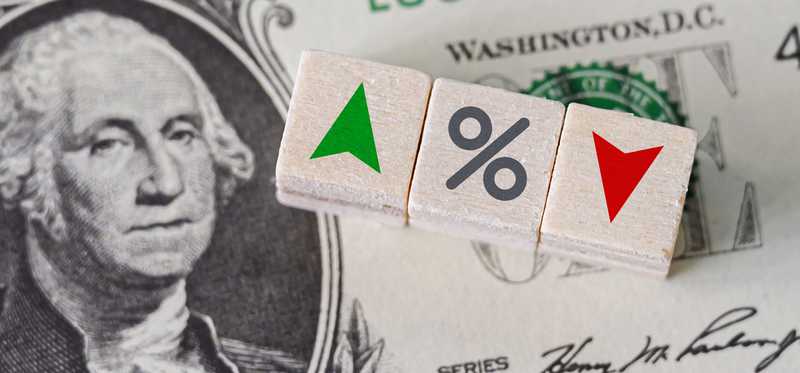
1. Shop around with multiple lenders
Different lenders may offer widely different mortgage rates. The only way to know if you're getting the best possible deal is to shop around and get quotes from several different lenders.
Be sure to consider local banks, online lenders, national banks, and credit unions when looking for the best rate. The more quotes you can get, the better, but aim for at least three to get an idea of what rate you can qualify for.
Previous
Next
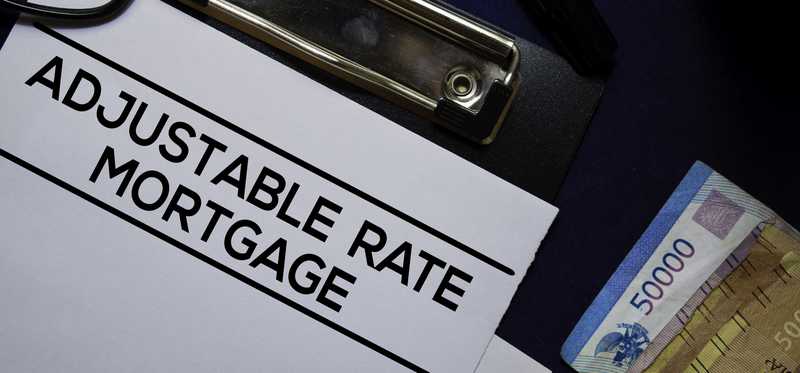
2. Understand the difference between fixed and adjustable rates
You'll probably come across both fixed-rate home loans and adjustable-rate mortgages when shopping for loans. The adjustable-rate ones (called ARMs) may offer you a lower starting rate. But be aware they come with a lot more risk.
With ARMs, your starting interest rate is guaranteed only for a limited time (such as three, five, seven, or 10 years). It's tied to a financial index and begins adjusting in line with that index after the initial period. It very well could go up, leaving you with higher monthly costs.
You don't have to worry about that with fixed-rate loans. Your rate and payment will be the same for the entire repayment time. So take into account that ARMs are riskier when comparing options in your quest for the most affordable rate.
Previous
Next
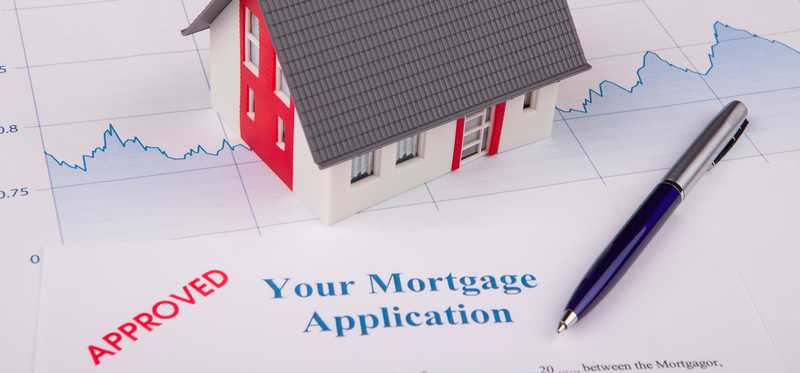
3. Decide whether a conventional or government-backed loan is best
Various government agencies guarantee (or insure) loans. These include the FHA, VA, and USDA. Some of these agencies make direct loans, as well as stand behind loans issued by private lenders.
Government-backed loans can give you a chance to qualify for a mortgage at a reasonable rate even if you don't have perfect financial credentials.
"Conventional loan" is the name given to those not backed by the government. These loans can be less expensive if you do have a solid credit score, plenty of income, and a generous down payment.
Decide which sounds right for you so you can shop around for the loan most likely to come with the most affordable rate.
Previous
Next

4. Look into first-time home buyer programs
If you're a first-time home buyer, you may be eligible for special programs that allow you to borrow at a reasonable rate -- even with a low down payment.
Look into whether these programs may be available in your area to help you get an affordable home loan.
Our credit card expert uses this card, and it could earn you $1,148 (seriously)
As long as you pay them off each month, credit cards are a no-brainer for savvy Americans. They protect against fraud far better than debit cards, help raise your credit score, and can put hundreds (or thousands!) of dollars in rewards back in your pocket each year.
But with so many cards out there, you need to choose wisely. This top-rated card offers the ability to pay 0% interest on purchases until late 2021, has some of the most generous cash back rewards we’ve ever seen (up to 5%!), and somehow still sports a $0 annual fee.
That’s why our expert – who has reviewed hundreds of cards – signed up for this one personally. Click here to get free access to our expert’s top pick.
Previous
Next
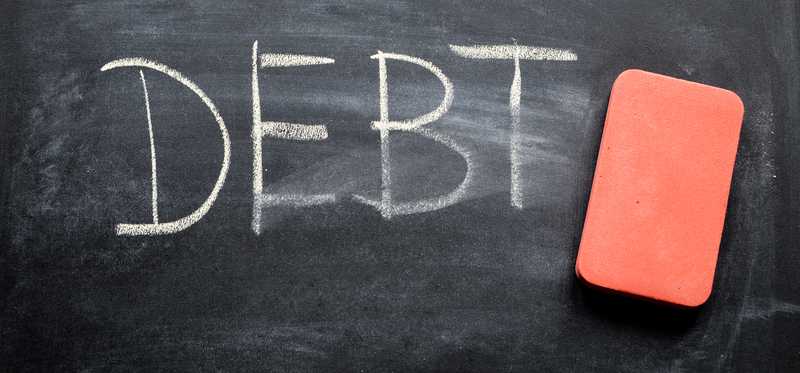
5. Pay down existing debt
If you owe a lot of money on credit cards, personal loans, or other types of debt, that could cause your mortgage rate to be higher for two reasons.
First, it could hurt your credit score, since a high credit utilization ratio tends to reduce your credit rating. Second, it will give you a higher debt-to-income ratio while lenders look for a lower one.
That means paying down debt is critical because you'll improve two key metrics lenders look at when deciding your rate.
ALSO READ: What Is Your Debt-to-Income Ratio and Why Does It Matter When Applying for a Mortgage?
Previous
Next
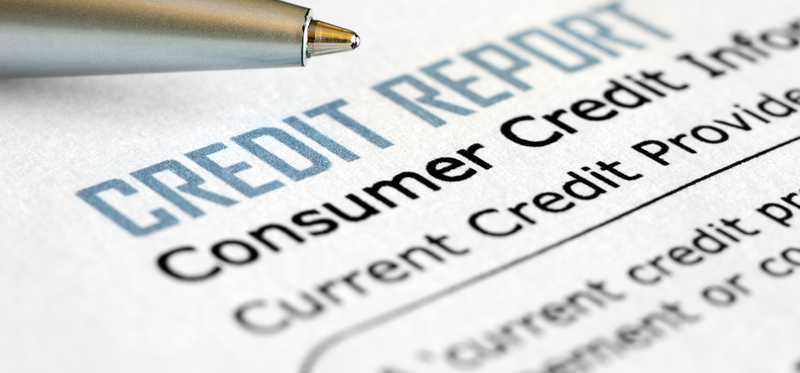
6. Correct errors on your credit report
As many as one in five consumers have mistakes on their credit report. If these errors reduce your score or make it appear you have more debt than you do, your mortgage interest rate could be higher because of the mistake.
Fixing mistakes on your credit history can take time. Start the process early if you want the best mortgage rate.
Previous
Next

7. Avoid applying for new credit before getting your mortgage
Opening up new credit accounts results in an inquiry on your credit history. This can lower your score. Obtaining a new loan or credit card shortly before applying for a mortgage can also affect your debt-to-income ratio. And it can make mortgage lenders nervous that you're taking on too many obligations.
Anything that makes you appear to be a riskier borrower can affect your mortgage rates adversely -- so avoid taking on any new financial obligations in the months before applying for your loan.
Previous
Next
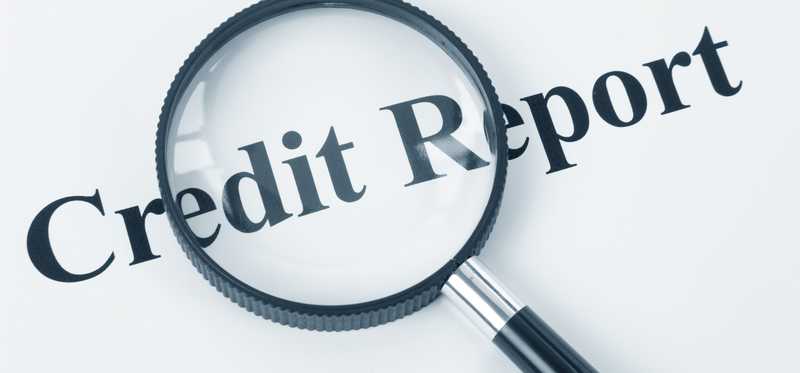
8. Ask your creditors to remove any negative remarks from your report
A single late payment could have a big impact on your credit score, and thus make your mortgage rate much higher.
In some cases, creditors will be willing to remove late payments or other negative remarks from your credit history. This is most likely if you've been a reliably good customer who mostly pays on time but made one mistake.
it never hurts to ask your creditors to remove negative information before applying for a mortgage. The worst that happens is they say no. And the best-case scenario is the derogatory info is deleted, your score increases, and you qualify for a mortgage at a better rate.
ALSO READ: How Writing a Goodwill Letter Could Help Improve Your Credit Score
Previous
Next

9. Avoid changing jobs before applying for a loan
To get the best mortgage rate, you need to have stable proof of income so lenders view you as a lower-risk borrower. Changing jobs can interfere with that, so avoid doing so in the year or two before applying for a loan if you want to qualify for the most competitive rate.
Previous
Next
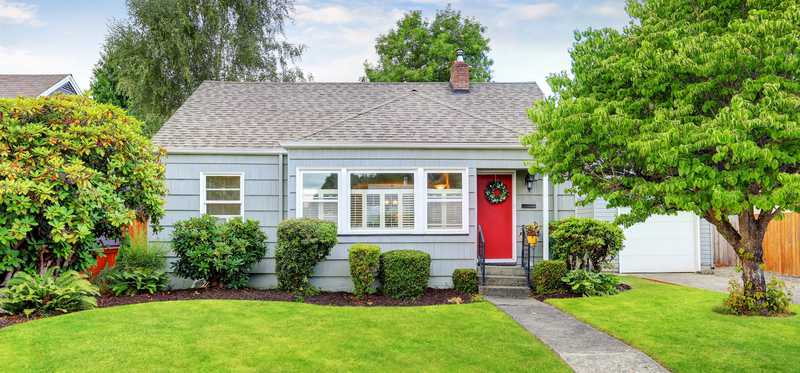
10. Keep the amount borrowed as low as possible
The more money you borrow, the bigger the risk the lender takes on. This is especially true if your borrowed amount is high enough that the loan qualifies as a jumbo loan.
Keep your purchase price reasonable to get the best rate. You'll also save on interest because your principal balance that interest is charged on will be smaller.
Our credit card expert uses this card, and it could earn you $1,148 (seriously)
As long as you pay them off each month, credit cards are a no-brainer for savvy Americans. They protect against fraud far better than debit cards, help raise your credit score, and can put hundreds (or thousands!) of dollars in rewards back in your pocket each year.
But with so many cards out there, you need to choose wisely. This top-rated card offers the ability to pay 0% interest on purchases until late 2021, has some of the most generous cash back rewards we’ve ever seen (up to 5%!), and somehow still sports a $0 annual fee.
That’s why our expert – who has reviewed hundreds of cards – signed up for this one personally. Click here to get free access to our expert’s top pick.
Previous
Next
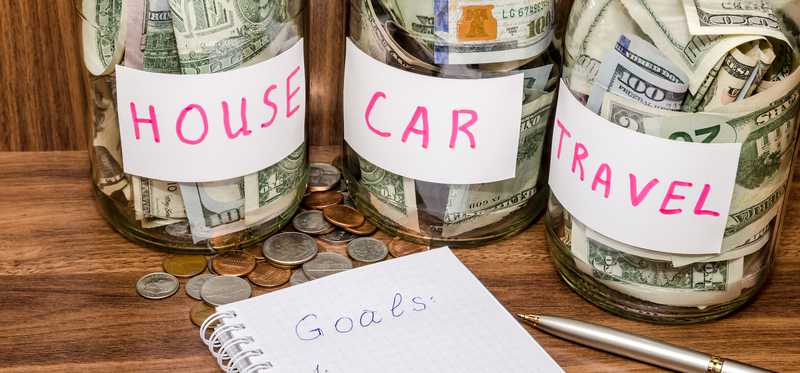
11. Save up a generous down payment
A big down payment can help you reduce your interest rate in a few different ways.
First, you'll have a broader choice of lenders and loan options rather than being relegated to borrowing only from those who allow a small down payment.
By putting more money down, you also reduce the risk the lender is taking on since you're borrowing a smaller sum and have more skin in the game.
Aim to put at least 20% down if you can, so you can get the best possible rate.
Previous
Next
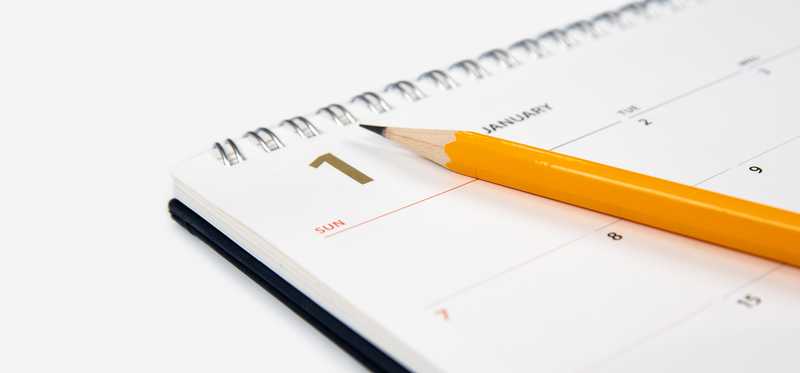
12. Choose a shorter payoff time
Loans with shorter repayment terms have lower interest rates. In fact, average rates on 15-year fixed-rate loans are often more than 0.5% lower than the rates on a 30-year fixed-rate loan.
If you want to get the best possible rate, choose the shortest loan term you can. Be aware, though, that this will make your monthly payments much higher. Of course, over time, total interest costs will be way lower since you'll be paying interest at a lower rate and for a shorter time period.
Previous
Next
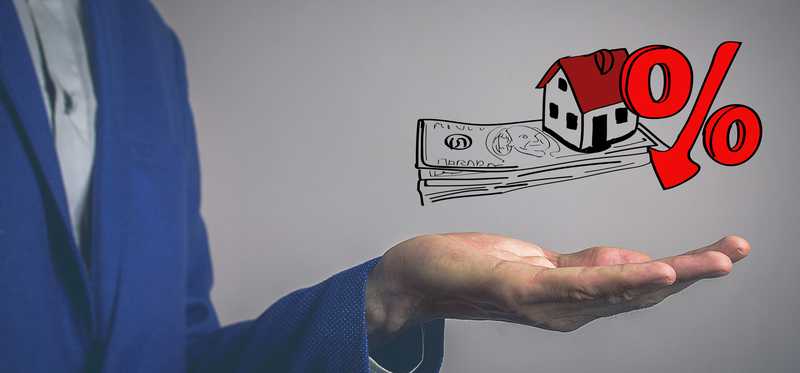
13. Consider paying points
You have the option to "buy down" your interest rate by paying points. Typically, you pay 1% of your borrowed amount for a 0.25% rate reduction. If you'll stay in your home for long enough for the interest you save to cover the up-front cost, then this is well worth it to get a great rate.
Previous
Next
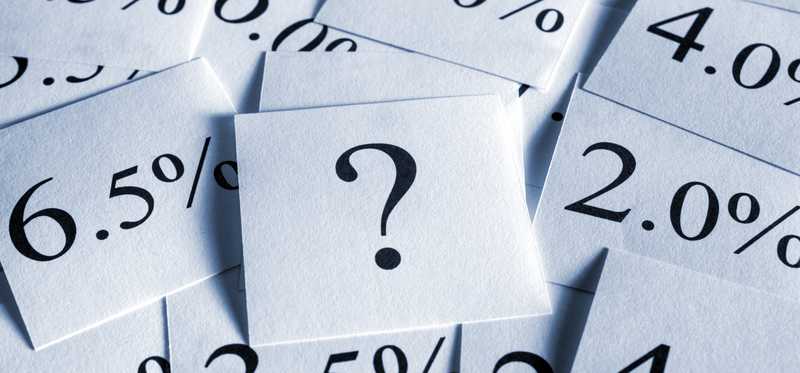
14. Take all of your costs into account
Your interest rate isn't the only cost to consider. If you truly want the most affordable loan possible, you'll take interest and fees into account.
Looking at the annual percentage rate (APR) can be a better way of assessing actual borrowing costs since it factors in interest and other loan expenses.
Previous
Next
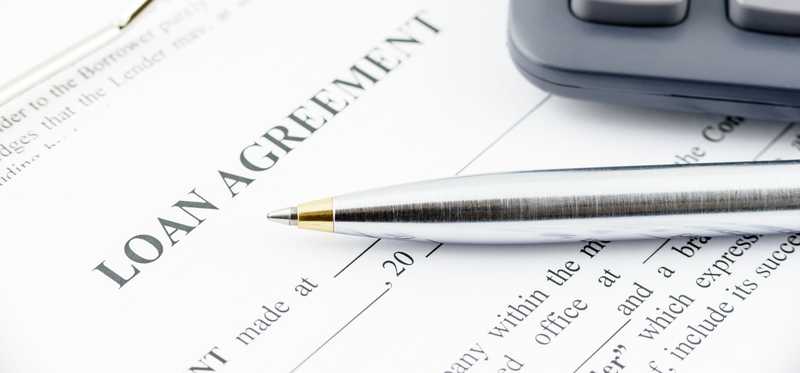
15. Consider a cosigner
If you can't qualify for a good mortgage rate on your own, consider asking someone to cosign for you. The lender will consider their credentials as well as yours, so you could qualify for a much more favorable rate if your cosigner is well qualified.
Just be aware the cosigner takes on a huge risk, since they put their own credit on the line and the lender can try to collect from them if you don't pay. You don't want to ask unless you're confident you'll pay off your mortgage responsibly.
Our credit card expert uses this card, and it could earn you $1,148 (seriously)
As long as you pay them off each month, credit cards are a no-brainer for savvy Americans. They protect against fraud far better than debit cards, help raise your credit score, and can put hundreds (or thousands!) of dollars in rewards back in your pocket each year.
But with so many cards out there, you need to choose wisely. This top-rated card offers the ability to pay 0% interest on purchases until late 2021, has some of the most generous cash back rewards we’ve ever seen (up to 5%!), and somehow still sports a $0 annual fee.
That’s why our expert – who has reviewed hundreds of cards – signed up for this one personally. Click here to get free access to our expert’s top pick.
Previous
Next
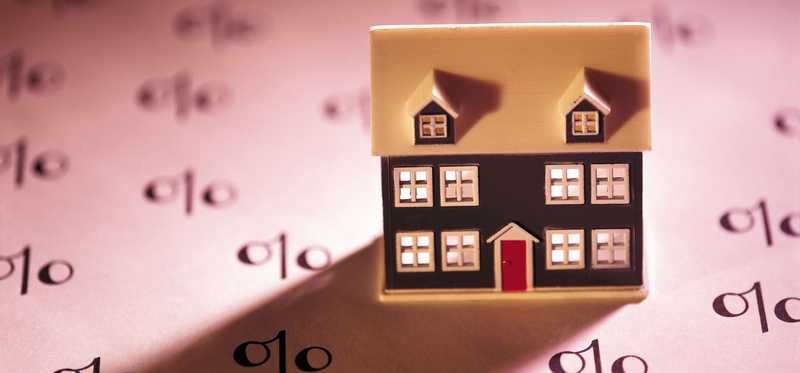
A mortgage at a low rate is within reach
Mortgage rates have climbed in recent months compared with record lows at the end of last year. But they still remain very competitive when considering the history of rates over time.
If you follow these 15 tips, hopefully you can get a very affordable home loan that helps you buy the home of your dreams while incurring reasonable borrowing costs.
Previous
Next
Invest Smarter with The Motley Fool
Join Over Half a Million Premium Members Receiving…
- New Stock Picks Each Month
- Detailed Analysis of Companies
- Model Portfolios
- Live Streaming During Market Hours
- And Much More
READ MORE
HOW THE MOTLEY FOOL CAN HELP YOU
-
Premium Investing Guidance
Market beating stocks from our award-winning service
-
The Daily Upside Newsletter
Investment news and high-quality insights delivered straight to your inbox
-
Get Started Investing
You can do it. Successful investing in just a few steps
-
Win at Retirement
Secrets and strategies for the post-work life you want.
-
Find a Broker
Find the right brokerage account for you.
-
Listen to our Podcasts
Hear our experts take on stocks, the market, and how to invest.
Premium Investing Services
Invest better with The Motley Fool. Get stock recommendations, portfolio guidance, and more from The Motley Fool's premium services.